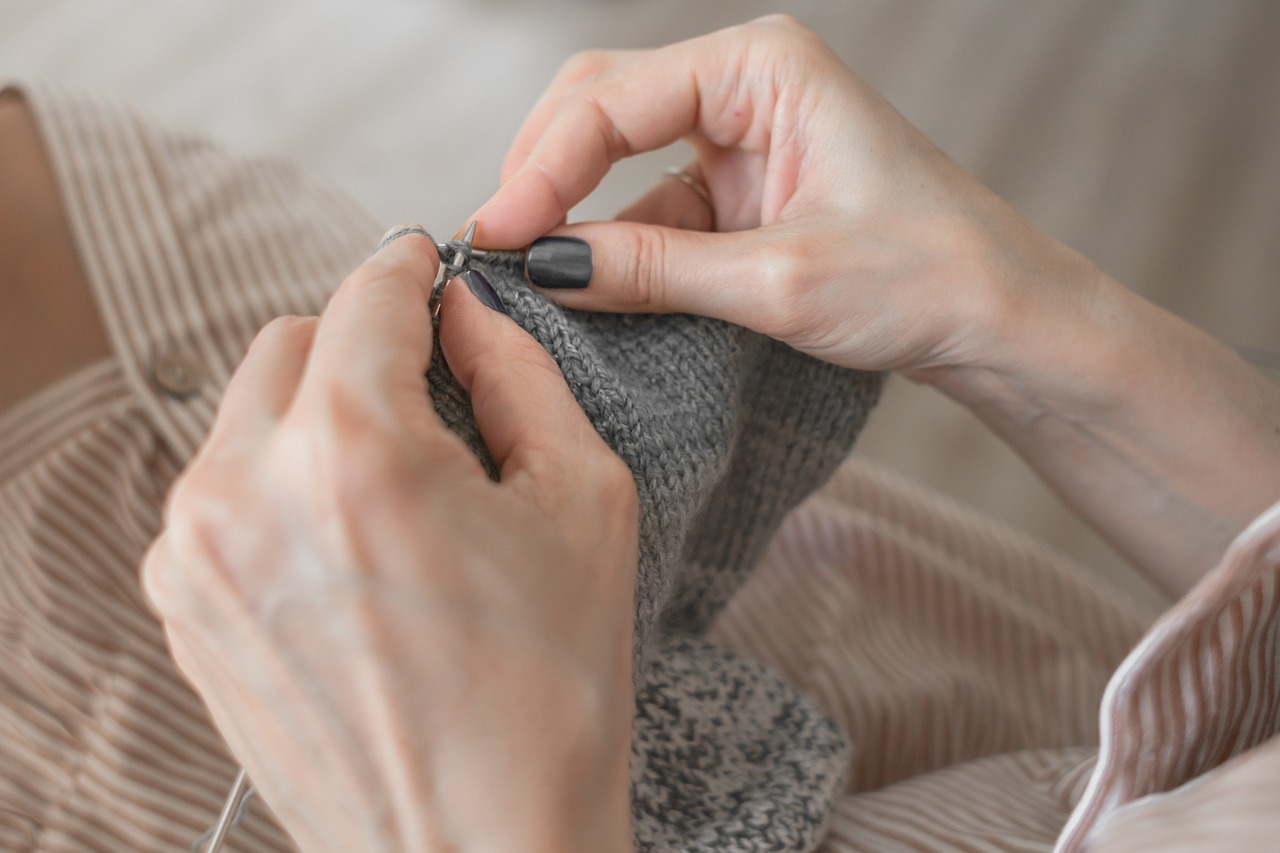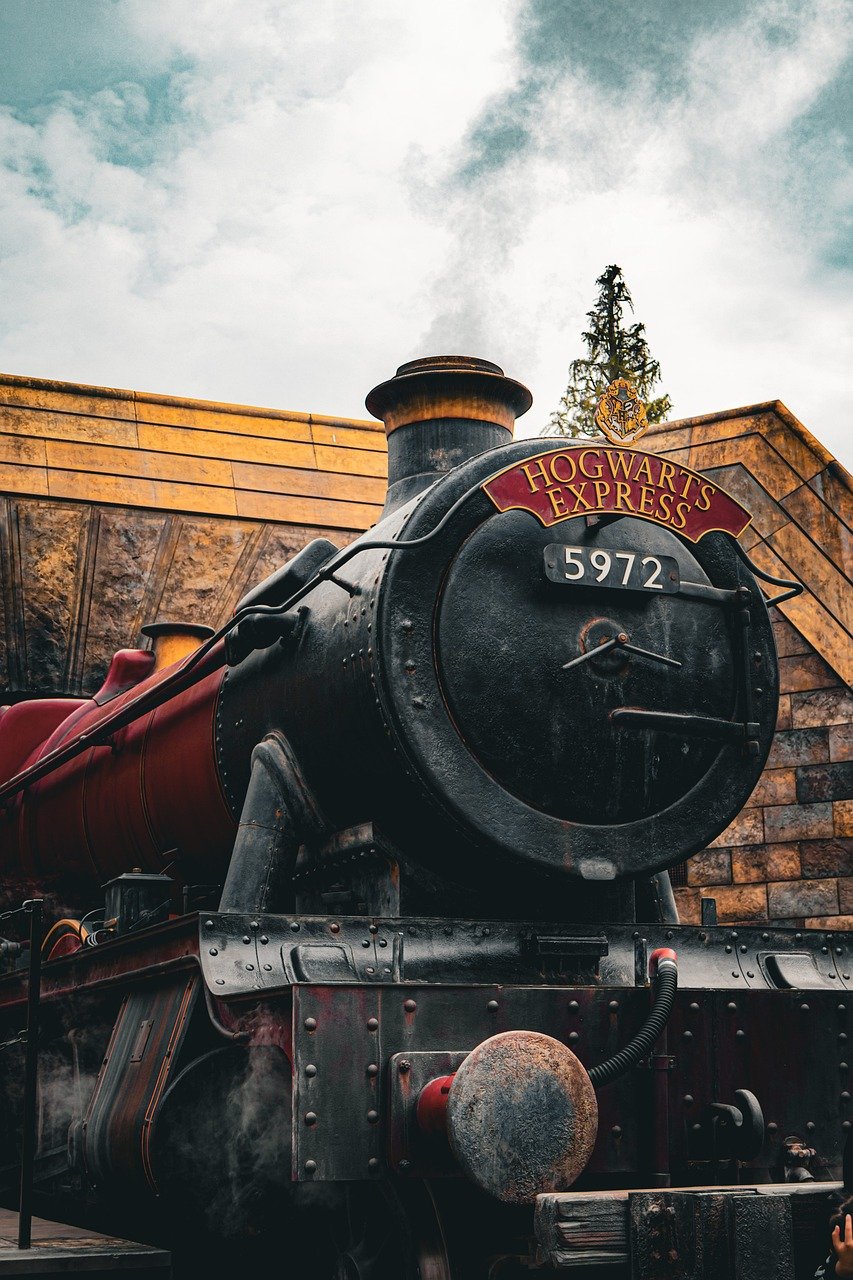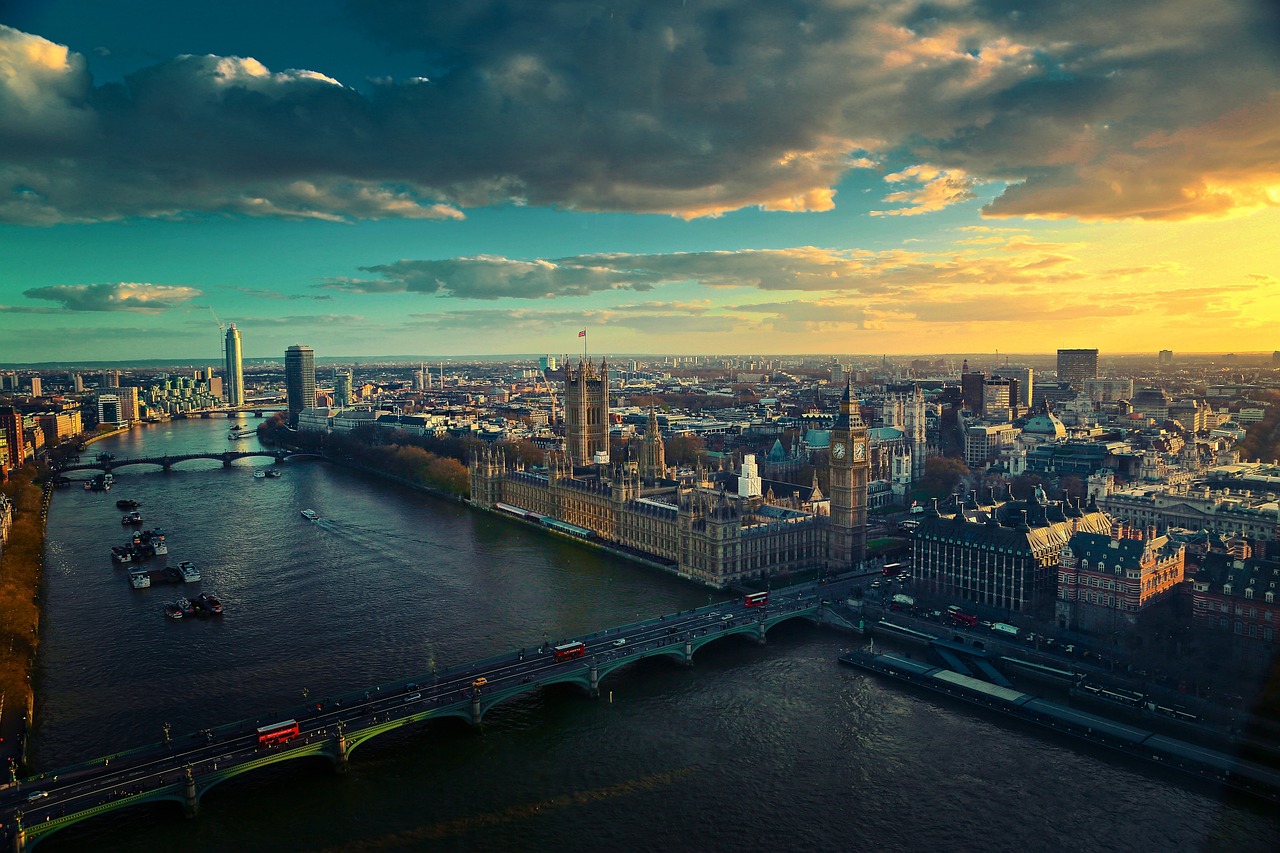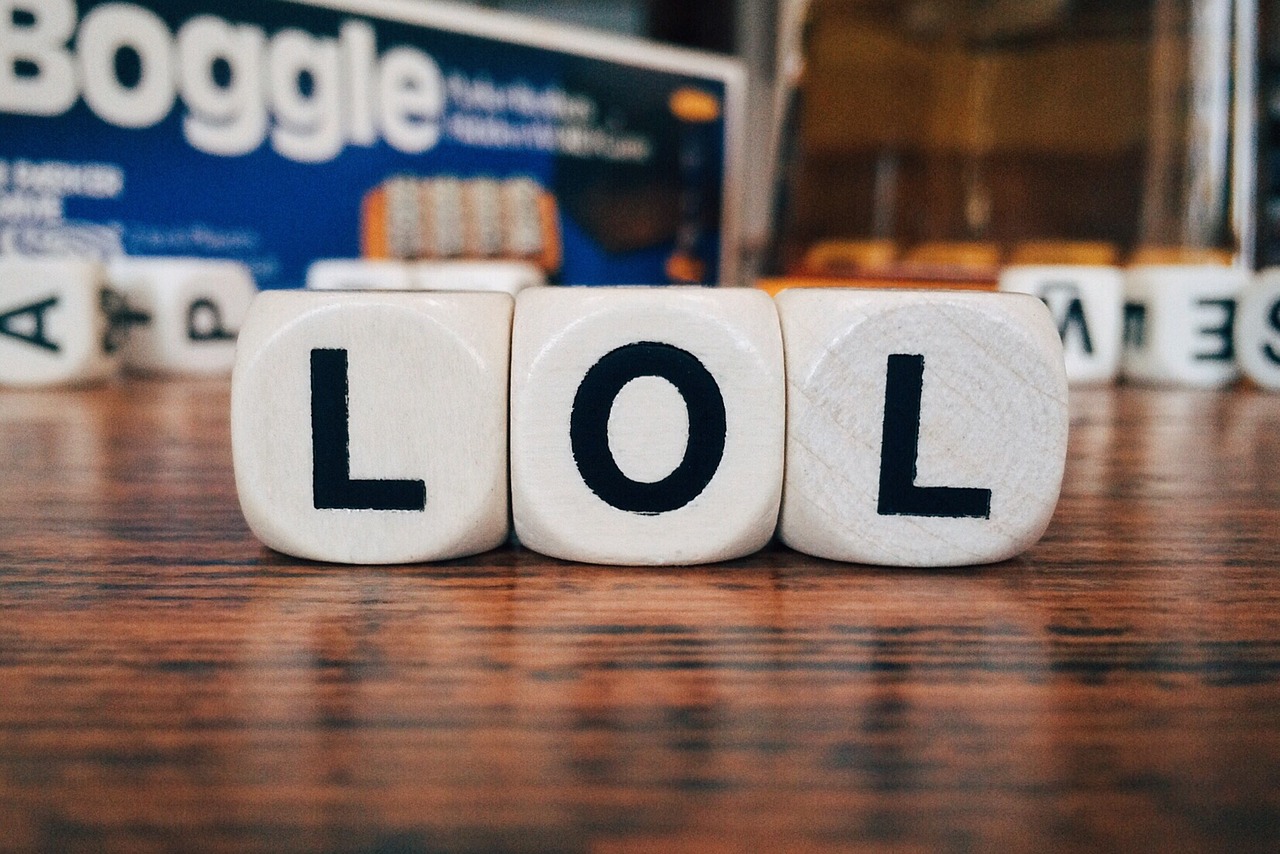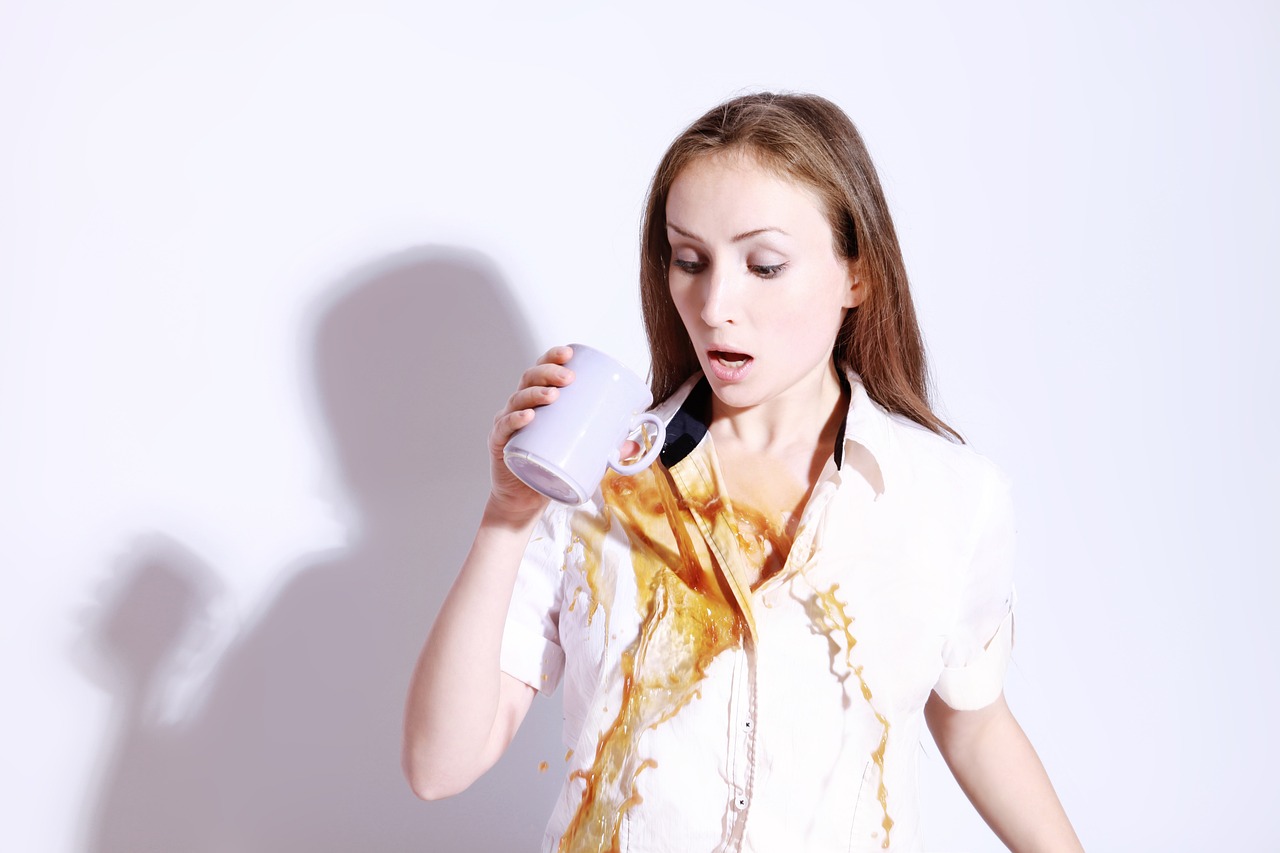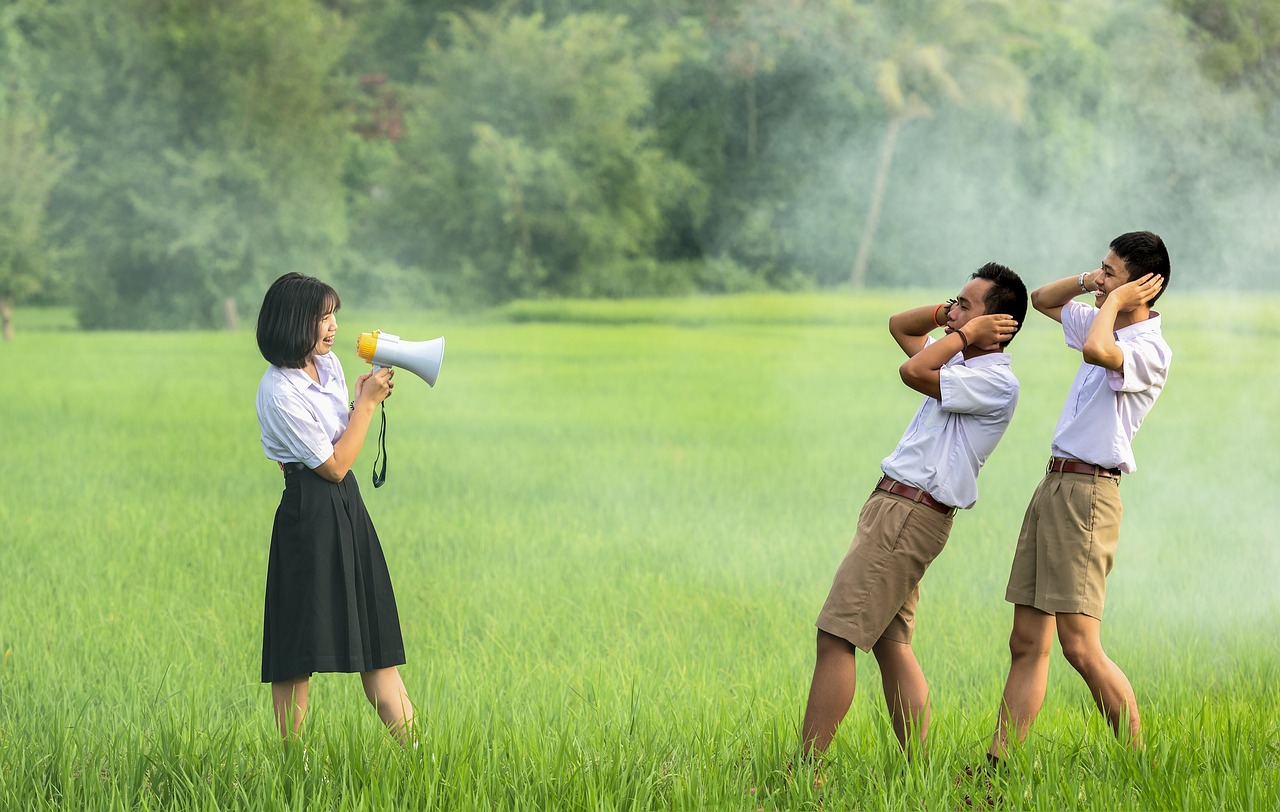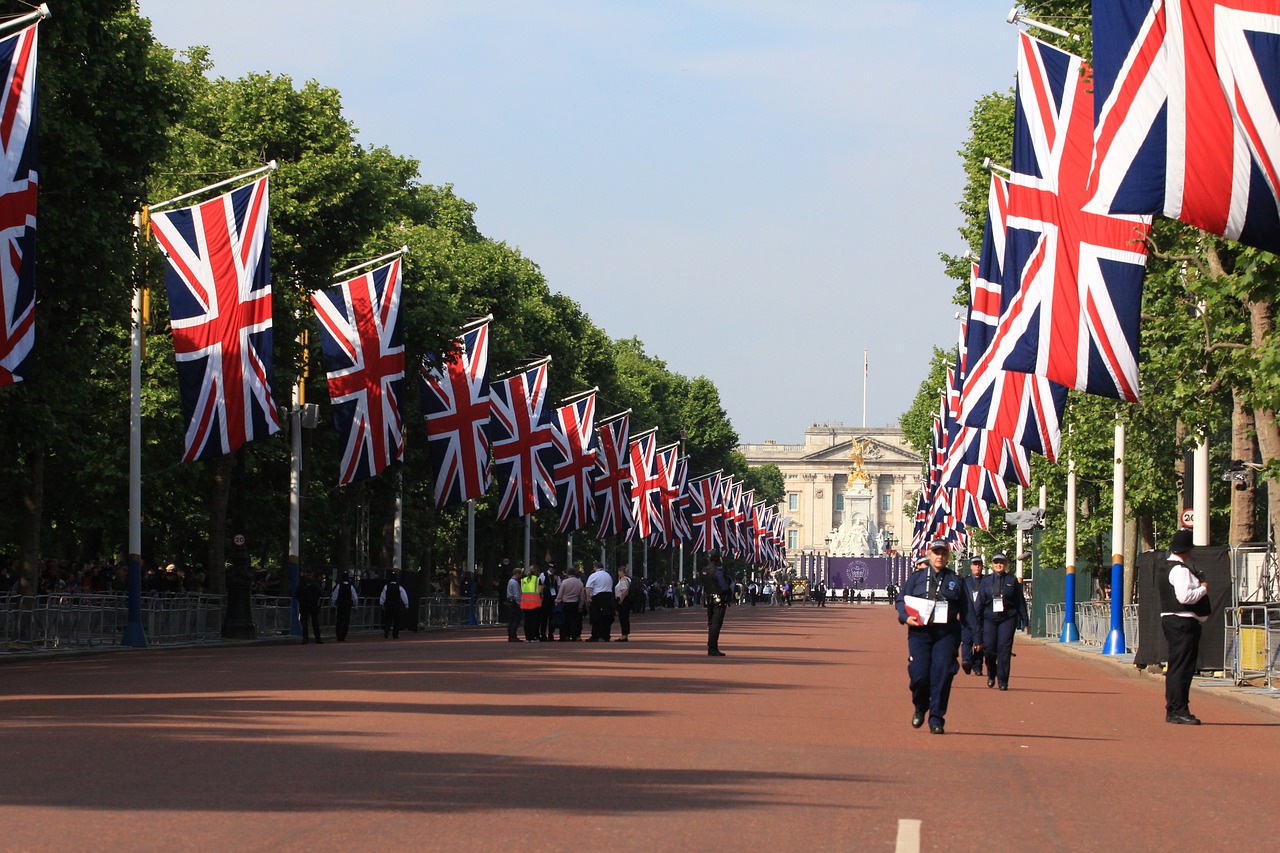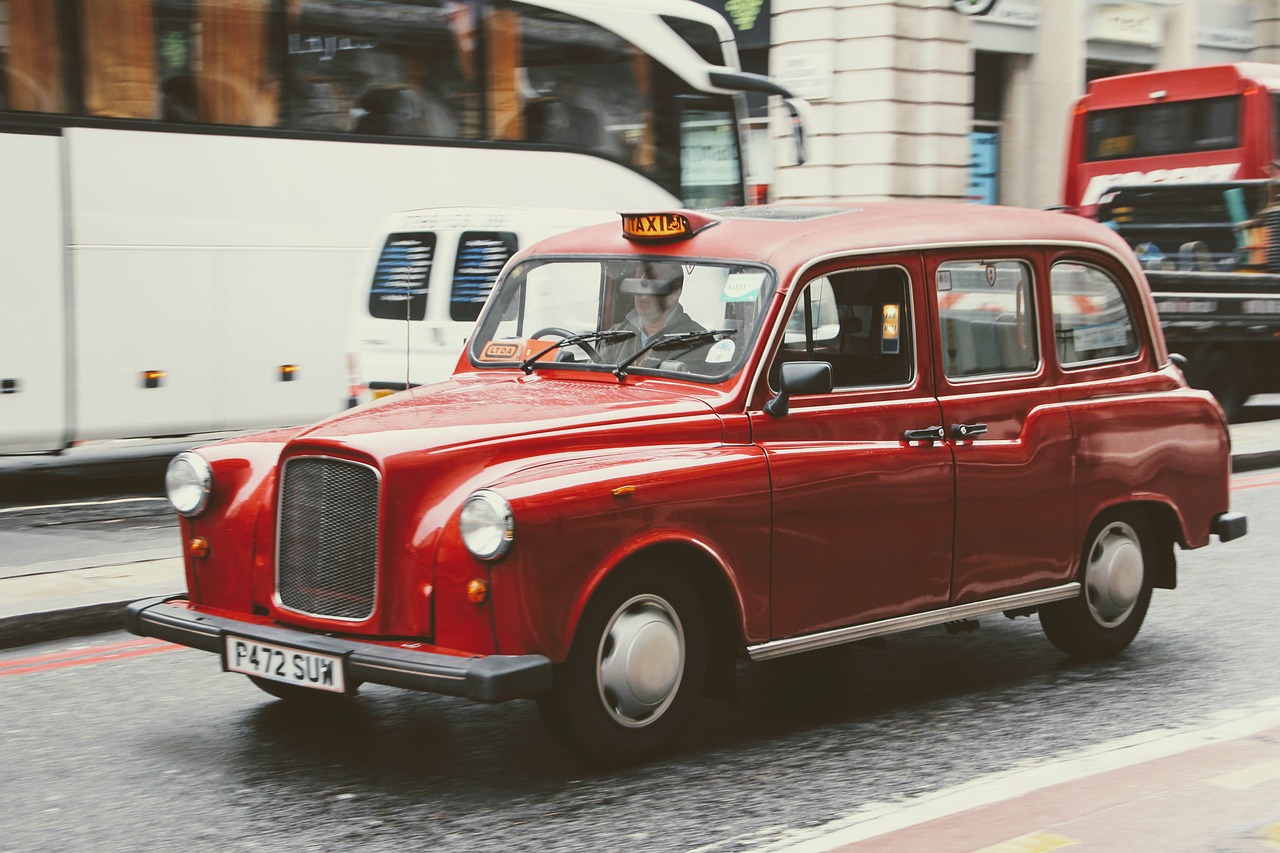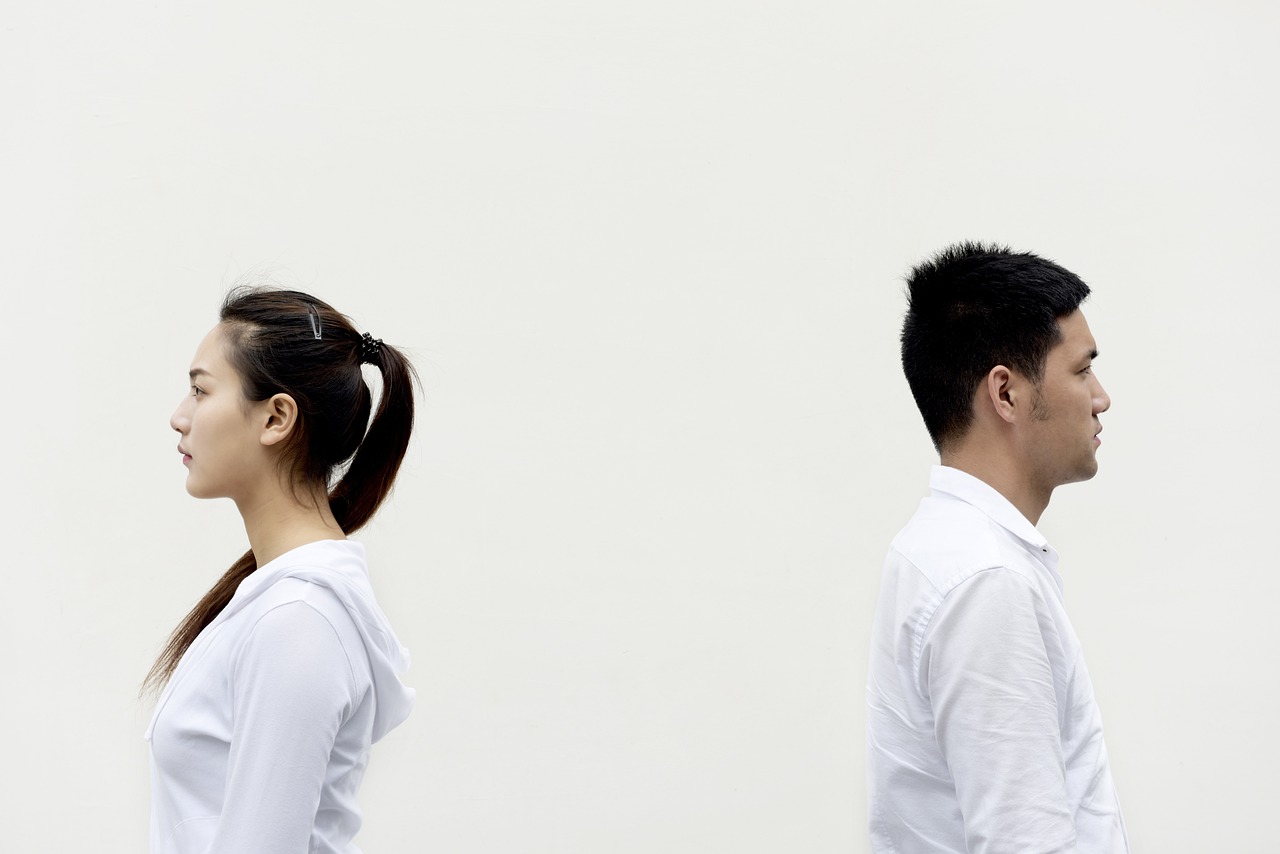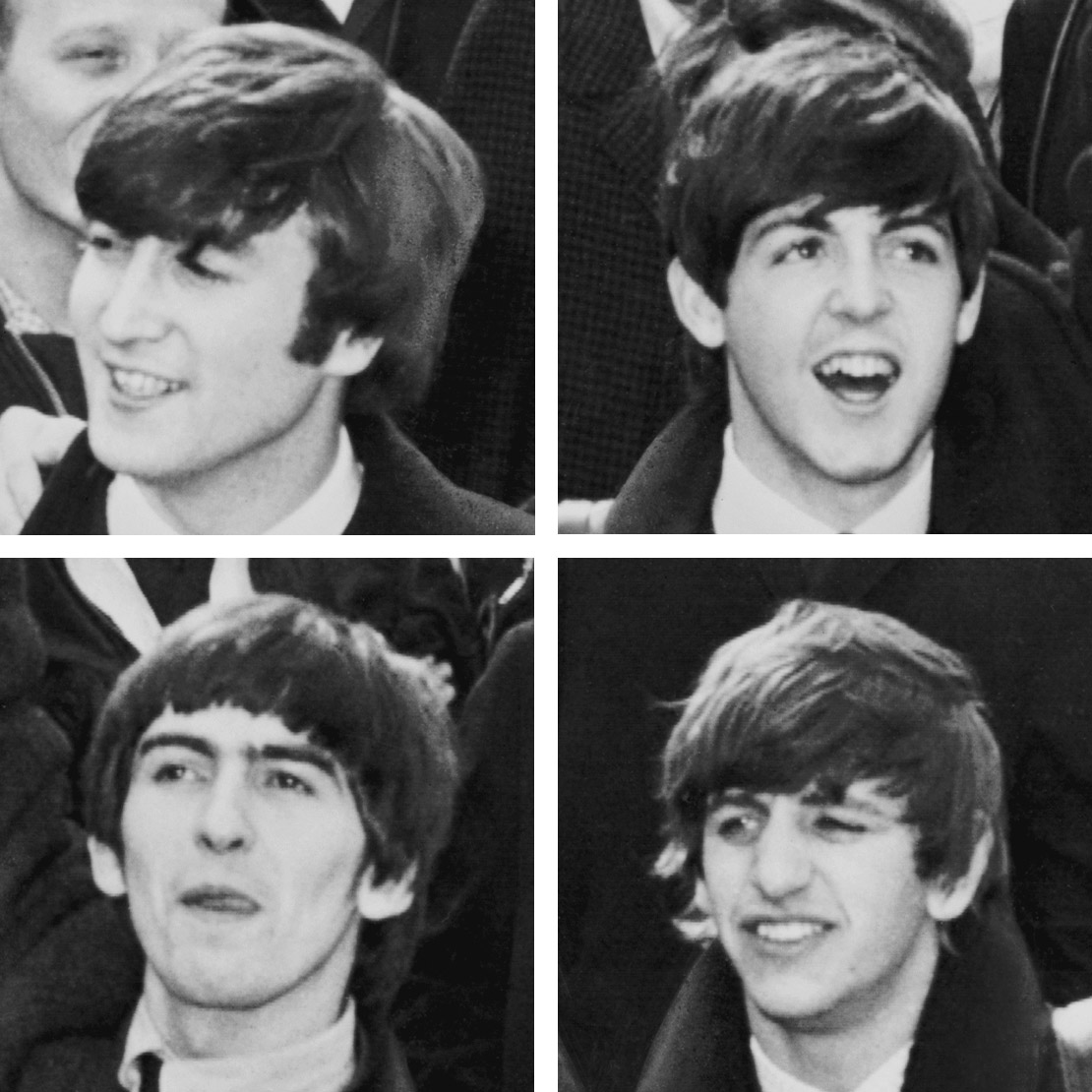
When it comes to music, few countries have had as much of an impact on the global stage as Britain. From the iconic sounds of The Beatles to the soulful voice of Adele, the British music scene has produced some of the most influential and beloved artists of all time. In this article, we will take a journey through the history of British music, exploring its rich tapestry and the artists who have shaped it.
It all began with the British Invasion of the 1960s, led by none other than The Beatles. With their catchy tunes, infectious energy, and unforgettable hairstyles, John, Paul, George, and Ringo took the world by storm. Their music not only defined a generation but also laid the foundation for what would become the British music phenomenon.
As the 1970s rolled in, a diverse range of genres emerged from the British music scene. Bands like Led Zeppelin, Pink Floyd, and Queen rocked arenas and stadiums, pushing the boundaries of rock music. Meanwhile, the punk movement came crashing onto the scene with the likes of The Sex Pistols and The Clash, bringing anarchy and rebelliousness to the forefront.
The 1980s saw the rise of new wave and synth-pop, with bands such as Duran Duran, Depeche Mode, and The Human League dominating the charts. But it was the emergence of the iconic MTV that truly changed the game. British artists like David Bowie, George Michael, and Phil Collins used music videos to captivate audiences and create iconic visuals that are still remembered today.
In the 1990s, the Britpop movement took center stage, symbolizing a new era of British music. Bands like Oasis, Blur, and Pulp brought back guitar-driven anthems and catchy melodies, resulting in a cultural phenomenon that defined an entire generation. The rivalry between Oasis and Blur, famously known as the “”Battle of Britpop,”” captured public attention and added fuel to the fire.
As we entered the new millennium, the British music scene continued to evolve and innovate. The rise of electronic music brought artists like The Prodigy and Fatboy Slim into the mainstream, while acts such as Coldplay and Radiohead proved that rock music still had a place in the hearts of listeners worldwide.
And then came Adele. With her soulful voice, heartfelt lyrics, and undeniable talent, Adele quickly became a global sensation. Her album “”21″” broke numerous records and solidified her as one of the greatest artists of our time. Through her music, she proved that the British music scene still had the power to captivate audiences and produce timeless hits.
Today, the British music scene continues to thrive, with a diverse range of artists making their mark on the world stage. From Ed Sheeran’s heartfelt ballads to the infectious pop tunes of Dua Lipa, British artists continue to push boundaries and captivate audiences with their talent and creativity.
So, whether you’re a fan of classic rock, pop, electronic, or soulful ballads, the British music scene has something for everyone. It is a cultural tapestry that weaves together the past, the present, and the future, showcasing the immense talent and creativity that Britain has to offer.
In conclusion, the British music scene has left an indelible mark on the world of music. From The Beatles to Adele and everything in between, British artists have shaped the industry and continue to inspire generations of musicians. So, turn up the volume, sing along, and let the iconic sounds of the British music scene transport you to a world of melody and rhythm. Cheers!”

